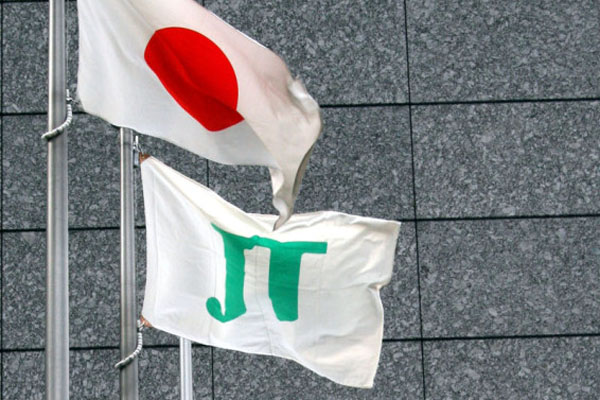Japan Tobacco Inc. has received the highest-ranked Gold award from the voluntary organization work with Pride (wwP) as part of Japan’s PRIDE Index 2018, according to a note posted on JT’s website. At the same time, the company has been recognized for its Best Practice by the wwP PRIDE Indicator Steering committee, which has a role in evaluating when the efforts put in by companies and organizations are particularly good.
This year marked the third consecutive year in which JT had been awarded Gold status, and the second consecutive year in which it was recognized for its Best Practice.
The PRIDE index rates the efforts of companies and organizations in five categories based on criteria established by wwP.
Awards are given based on the company’s efforts in the light of each category to create a pleasant workplace for LGBT people across Japan.
- Policy (Action Declaration).
- Representation (LGBTA network).
- Inspiration (Raising Awareness).
- Development (Human Resources Management Policy and Programs).
- Engagement/Empowerment (Social Responsibility and External Activities).
JT said in its note that it believed in respecting diversity not only in terms of people’s gender, gender identity, sexual orientation, age, and nationality, but also in respect of their backgrounds and values, including their experiences and expertise.
It said that finding value in differences would lead to sustainable growth for the company. ‘Promoting diversity and inclusion is one of the issues in our management plan,’ it said.
‘JT continues to actively promote diversity in order to achieve sustainable growth through the participation of diverse human resources.’










